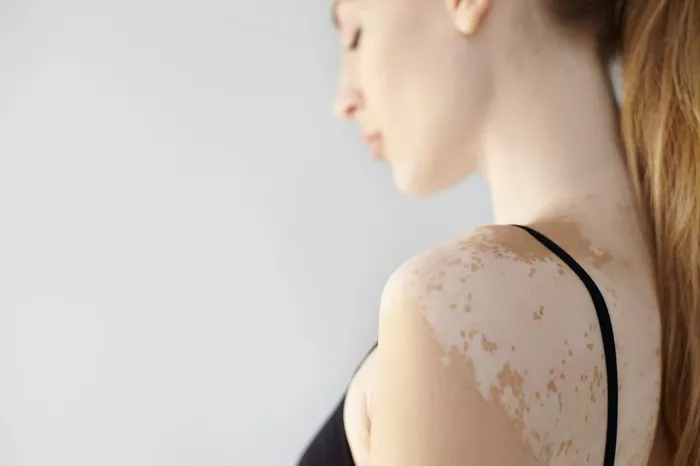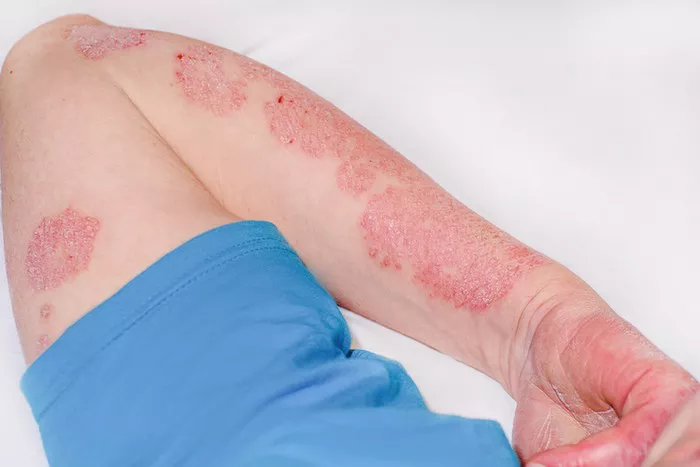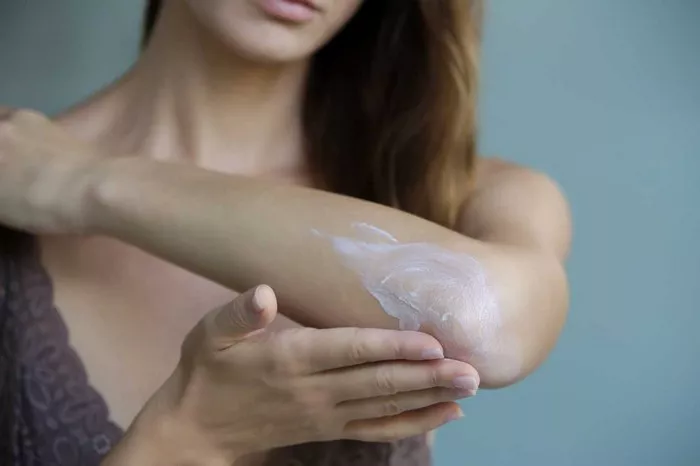Skin pigmentation is primarily determined by the amount of melanin in the skin. Melanin is produced by cells called melanocytes. When these cells are damaged or not functioning properly, skin can lose pigment, leading to conditions such as vitiligo, albinism, and post-inflammatory hypopigmentation. This article will explore the various causes of skin pigment loss in detail.
Understanding Melanin
What is Melanin?
Melanin is a natural pigment responsible for the color of your skin, hair, and eyes. It comes in different types, including eumelanin (brown and black) and pheomelanin (yellow and red). The amount and type of melanin produced by your body determine your skin tone.
The Role of Melanocytes
Melanocytes are specialized cells located in the bottom layer of the epidermis, the outer layer of skin. These cells produce melanin in response to factors such as UV exposure. When you spend time in the sun, melanocytes increase melanin production to protect your skin from damage.
Causes of Skin Pigment Loss
1. Genetic Factors
Albinism: Albinism is a genetic condition where the body produces little to no melanin. People with albinism have very light skin, hair, and eyes. This condition is caused by mutations in genes responsible for melanin production. Individuals with albinism are more susceptible to sunburn and skin cancer due to their lack of pigmentation.
Vitiligo: Vitiligo is another genetic condition characterized by patches of skin that lose their pigment. It occurs when melanocytes are destroyed by the immune system. Vitiligo can affect people of all skin types but is more noticeable in individuals with darker skin.
2. Environmental Factors
Sun Exposure: While sun exposure typically increases melanin production, excessive exposure can lead to skin damage. Prolonged UV radiation can destroy melanocytes, resulting in areas of hypopigmentation. This is often seen in people who have had sunburns or skin damage from tanning beds.
Chemical Exposure: Certain chemicals can also affect melanin production. Hydroquinone, a skin-lightening agent, is commonly used in cosmetic products. While it can reduce hyperpigmentation, long-term use may lead to loss of pigment. Other chemicals found in some industrial products may cause skin irritation and subsequent pigment loss.
3. Medical Conditions
Autoimmune Disorders: Autoimmune disorders occur when the body’s immune system attacks its own cells. In conditions like vitiligo and alopecia areata, the immune system mistakenly targets melanocytes, leading to pigment loss. This can happen alongside other autoimmune diseases, such as lupus.
Hormonal Changes: Hormonal fluctuations, particularly during pregnancy or menopause, can affect melanin production. Conditions like melasma, often referred to as the “mask of pregnancy,” can cause dark patches on the face, but hormonal imbalances may also lead to pigment loss in some areas.
4. Skin Injuries
Post-Inflammatory Hypopigmentation: When skin is injured or inflamed, it can lead to a loss of pigment in the affected area. This is known as post-inflammatory hypopigmentation. Conditions such as eczema, psoriasis, and acne can result in skin damage, leading to lighter patches where melanin production is reduced.
Scarring: Scars from injuries, surgeries, or acne can also lead to areas of hypopigmentation. The healing process may damage the melanocytes, causing the scar tissue to lack pigmentation.
5. Nutritional Deficiencies
Vitamin Deficiencies: Certain vitamins play a crucial role in skin health. For instance, vitamin B12, vitamin D, and folate are important for the production of melanin. A deficiency in these vitamins can lead to changes in pigmentation.
Iron Deficiency: Iron deficiency anemia can also contribute to skin issues, including loss of pigment. Healthy skin requires adequate levels of iron, and a deficiency can affect overall skin tone and health.
Prevention of Pigment Loss
1. Sun Protection
To prevent damage to melanocytes, it is essential to protect your skin from UV radiation. This includes wearing sunscreen with a high SPF, protective clothing, and avoiding excessive sun exposure.
2. Avoiding Harmful Chemicals
Be cautious with skin care products that contain harsh chemicals. Always read labels and opt for products that are safe and effective. If you use skin-lightening products, consult a dermatologist for safe usage guidelines.
3. Maintaining a Balanced Diet
A balanced diet rich in vitamins and minerals supports skin health. Foods high in antioxidants, vitamins A, C, E, and B-complex, as well as minerals like zinc and iron, can promote healthy skin and melanin production.
4. Regular Dermatological Check-ups
Regular visits to a dermatologist can help monitor skin conditions and catch any changes early. If you notice any changes in pigmentation, it is essential to seek professional advice.
Treatment Options for Pigment Loss
1. Topical Treatments
Topical corticosteroids may be prescribed to reduce inflammation and promote repigmentation in conditions like vitiligo. Other topical treatments include calcineurin inhibitors, which can help restore pigment.
2. Phototherapy
Phototherapy involves exposing the skin to ultraviolet light under medical supervision. This treatment can stimulate melanin production and is often used for conditions like vitiligo.
3. Skin Grafting
For severe cases of vitiligo or significant pigment loss, skin grafting may be considered. This procedure involves taking a small piece of skin from a pigmented area and transplanting it to a depigmented area.
4. Cosmetic Options
Makeup and cosmetic procedures can help cover areas of pigment loss. Many products are available that can provide a more even skin tone while individuals seek more permanent solutions.
Conclusion
Skin losing pigment can be attributed to various factors, including genetic predisposition, environmental influences, medical conditions, injuries, and nutritional deficiencies. Understanding the causes can aid in prevention and treatment. If you experience significant changes in your skin’s pigmentation, it is crucial to consult a healthcare professional for an accurate diagnosis and appropriate management. With the right care and precautions, it is possible to maintain healthy, vibrant skin.
Related topics:


























